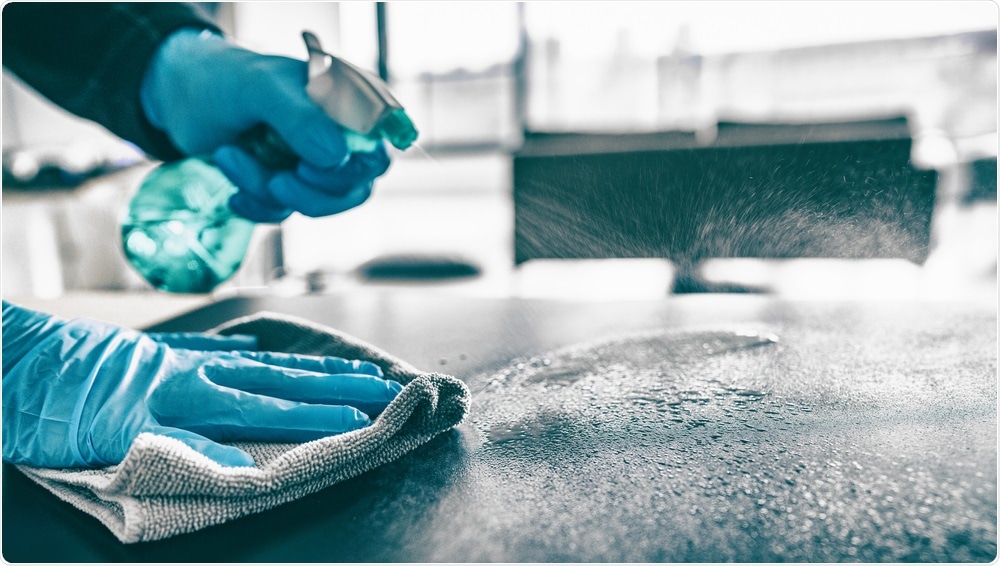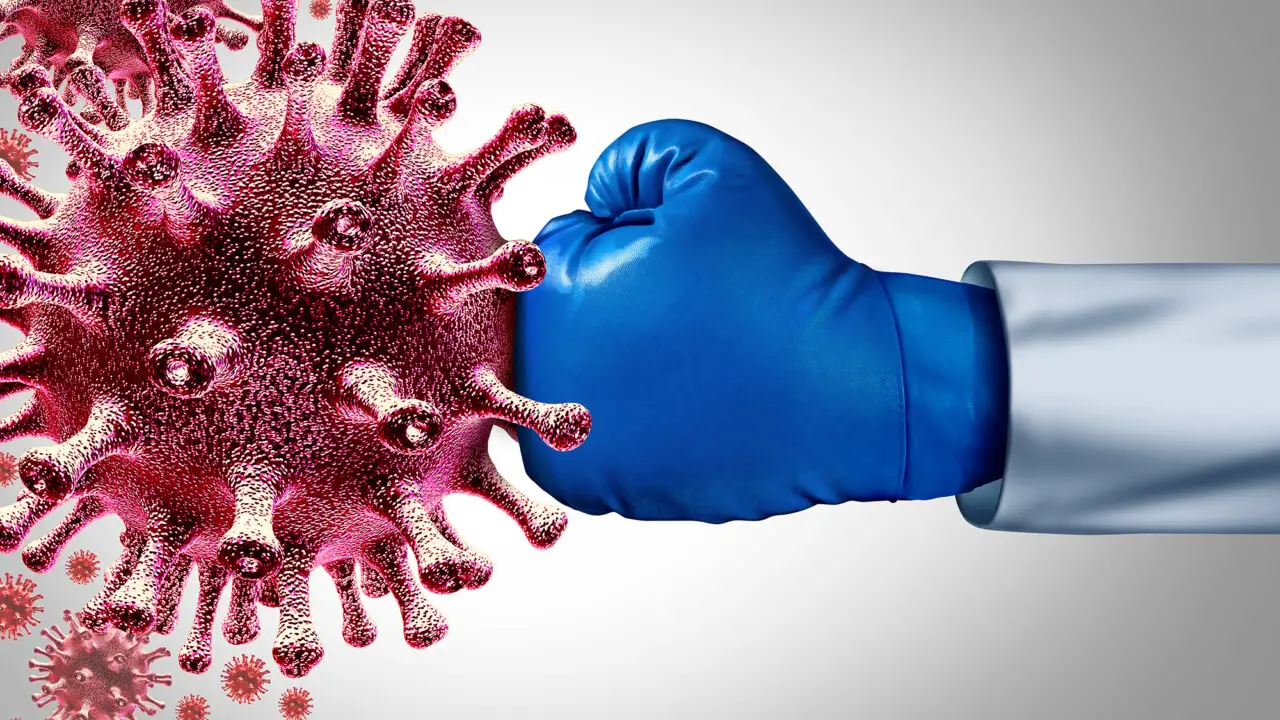It is a common thought that through the consumption of alcohol, you can kill viruses. Well, this thought is true and false as it can reduce an amount but not kill and is for particular kinds of germs or viruses but not for all. The alcohol concentration and the species of the virus being treated determine the effectiveness of alcohol on the virus. But with the consumption, you won’t be able to kill a virus.
Table of Contents
ToggleAlcohol as a Disinfectant

People are recommended to use soap for washing their hands and staying clean Centers for Disease Control and Prevention (CDC), but this technique of cleansing yourself is not always applicable. When you don’t have soap around, you can use hand sanitizers based on alcohol because they can help the body to stay prevented from viruses like SARS-CoV-2, the virus which scattered Covid-19.
One can also use hand sanitizers, including alcohol as a rubbing material, as a disinfectant, for the places where things are frequently being used, like the frequently touched objects at home like your smartphones, television remote, computer keyboard, kitchen utensils, etc. This gives a view that we can use alcohol as a disinfectant, but it should be kept in mind that the concentration of alcohol matters.
Can Alcohol Kill a Virus?
There are various forms of alcohol made up of various compounds. The most common alcoholic types which can be used to kill a virus are isopropyl alcohol and ethyl alcohol. Isopropyl alcohol is used in sanitizers and rubbing materials, whereas ethyl alcohol is used in various alcoholic beverages made around the world. The efficacy of these alcohols depends upon the concentration of the alcohol and the type of virus.
There are two types of viruses. One has a lipid membrane covering and is called Enveloped Viruses, whereas the other one is the viruses without a membrane covering and is called None Enveloped Viruses. Usually, none enveloped viruses are more resistant to disinfectants as compared to enveloped viruses.
Isopropyl Alcohol works against enveloped viruses and is not impactful against none enveloped viruses. Whereas ethyl alcohol can work against the enveloped viruses as well as a few none enveloped viruses. The viruses against which both these types of alcohol work are herpes viruses, HIV, hepatitis B and SARS-CoV-1 (the virus causing SARS). Although these diseases are treated using alcohol (isopropyl and ethyl), they still can’t fight against viruses that are none enveloped, like poliovirus and hepatitis A.
Ethyl Alcohol
This is the type of alcohol that is consumed by people through drinking alcoholic beverages. Soon after its consumption, the digestive process of the body breaks down its molecules of ethanol and makes the drinker suffer as it becomes more difficult for the body to kill any viruses or bacteria after their encounter. It can be a good thing for the bacteria because some bacteria are good for the body, and they don’t get killed by this.
Isopropyl Alcohol
Isopropyl alcohol can be used as a disinfectant, but we cannot use it as a drink. These are just used to kill the viruses present on the skin or body parts like hands, legs, arms, etc. but aren’t meant to be taken in as a drink. Any swallowing or consumption of these disinfectants can form an emergency situation and can be as fatal as sudden death.
Methanol Alcohol or Methyl Alcohol
Another type of alcohol that is used in various solvents, fuels, and products is known as methanol alcohol. It is the simplest form of aliphatic alcohol. This type of alcohol is very dangerous. You cannot use it in sanitizers or disinfectants and even for treating your virulent diseases. It is used to clean and lubricate fuel for cars, trucks, buses, ships, etc. Once you drink it, you can throw yourself easily into a fatal situation, causing death.
Working Process

Some scientists and researchers say that alcohol kills viruses, but the conflict arises when others say that it doesn’t kill but changes or causes disruptions of the cell membrane of a virus and tries to change its protein structure. The process of transformation is known as either Coagulation or Denaturing. Once the structure gets changed, the functional membrane is lost, and without the membrane, the viruses lose the ability to reproduce and cause infections.
To make the process more successful, it is advised by scientists and researchers add water to alcohol in order to make a long-lasting impact. Alcohol itself is quick at evaporating, so by adding water, the condensation increases and allows the disinfectant or compound to be used to work more efficiently and effectively.
What Should Be the Concentration of Alcohol?
According to the CDC, the concentration of alcohol in ethyl alcohol should be 80%, in isopropyl, it should be 75%, and 60% in disinfectants and hand sanitizers, etc., is effective. According to a study in 2020, during Covid-19, it was being studied deeply what concentration of alcohol in hand, sanitizers, etc., would be applicable to kill or inactivate the viruses causing the disease. Later on, it was discovered that almost 30% of alcohol-concentrated sanitizers made it effective work as they completely inactivated the functioning of viruses by diminishing their functional membranes.
Being Habitual
Don’t think of yourself as out of viruses or safe from viruses if you’re a heavy or binge drinker. In habitual drinking, the body doesn’t take in alcohol as a disinfectant; other than this, it may become a fatal situation where one can cause harm to his guts, brain, and liver. If you want yourself to stay healthy and virus or germs-free, you can use hand sanitizers and apply them on your hands frequently and should follow the terms of not touching things that are frequently being touched by others.
Conclusion
It is strictly advised by doctors not to use alcohol as a treatment for the viruses inside your body. You can use sanitizers and disinfectants to stay healthy and germ-free but the consumption of alcohol might result in becoming a walking dead person as it can be infectious for your body and takes away the control from your brain.
The viruses become resistant to alcohol, and then even after being a heavy drinker, you might not be able to affect the virus. Moreover, the concentration which is required to inactivate a virus doesn’t reach the bloodstream, and it seems useless to drink. This shows that viruses cannot be killed through drinking alcohol.

I am a passionate beer connoisseur with a deep appreciation for the art and science of brewing. With years of experience tasting and evaluating various beers, I love to share my opinions and insights with others and I am always eager to engage in lively discussions about my favorite beverage.
















